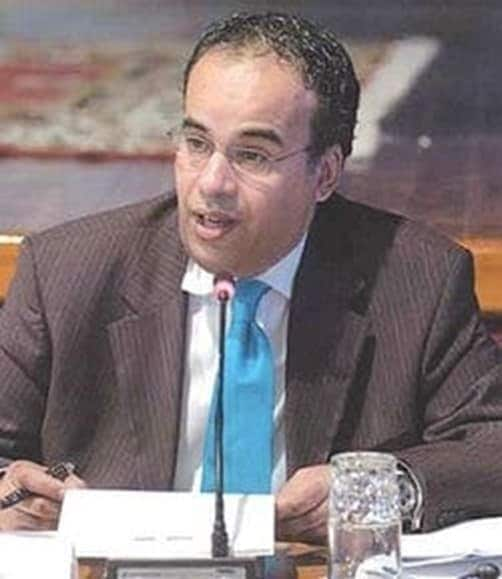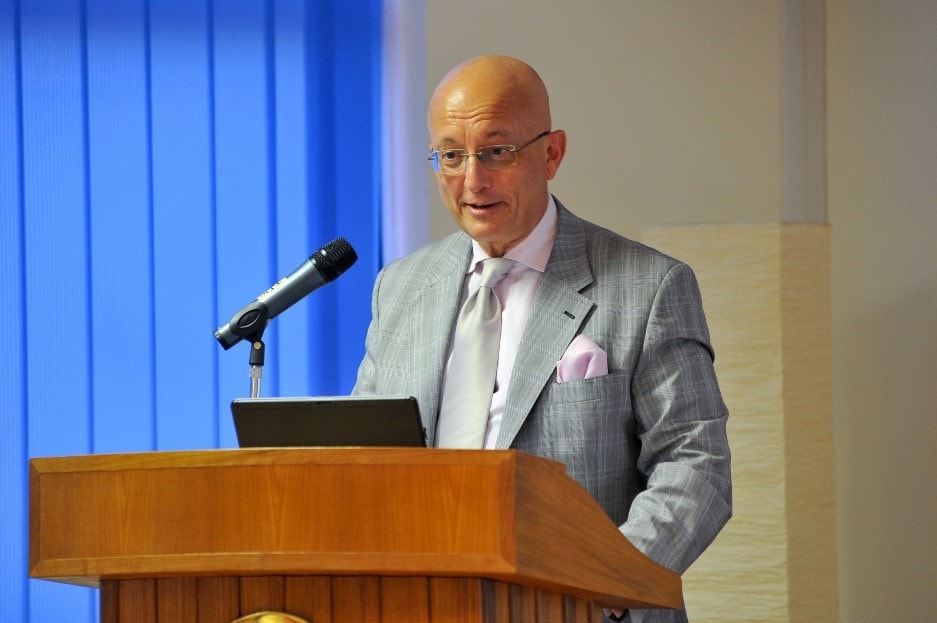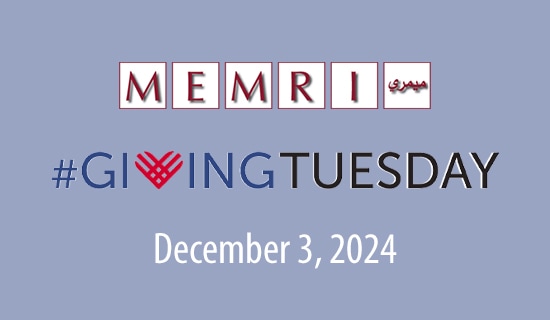Against the backdrop of Iran's April 14, 2024 missile and drone attack against Israel, senior Saudi journalist Tariq Al-Homayed, the former editor of the London-based daily Al-Sharq Al-Awsat, wrote that the attack was a strategic mistake by Iran and proved that this country is its own worst enemy. With this ineffectual attack, he wrote, Iran proved that it is a hostile actor that cannot be trusted even today, when it does not possess nuclear weapons, so imagine what would happen if it did possess them. Moreover, Iran showed that, contrary to its widespread image, it is not a patient and calculating country but a reckless and impatient one that cares more about its image than about its interests or the Palestinian cause it purports to defend.
Al-Homayed added that, without any help from its adversaries, Iran undercut all the arguments of those in the West, and especially in the U.S., who seek to defend it, and sparked concern and calls for restraint not just in the region and the West but even from its allies China and Russia. Most importantly, it "reminded the region that we must strive for peace and conclude defense agreements, and it has reaffirmed that allowing Iran to become a nuclear power would be a fatal mistake for which the entire world would pay a price."

Tariq Al-Homayed (Image: Marefa.org)
The following is his article:[1]
"The Iranian regime’s comical retaliation against Israel was a costly strategic mistake that cannot be easily or quickly corrected. Tehran launched about 300 drones and a few missiles without inflicting significant damage. Its strategic mistake was to focus more on safeguarding its image than its political interests, thereby dealing itself a blow that none of its adversaries had managed to land since the Khomeini revolution.
"Iran’s retaliation to Israel's attacks on its consulate in Damascus, which led to the deaths of the Quds Force’s deputy commander and five others, showed the world that Iran is a malevolent actor that should not be trusted, even without nuclear weapons, let alone if it does! The regime affirmed this itself, not its adversaries.
"What Tehran did was reckless. It went against all the talk of strategic patience and carpet weaving, which promoted a narrative that Iranian politicians could remain patient for years and fight the urge to achieve swift results. Indeed, the feeble response showed that, despite the fact that the median age of its decision-makers is high, the Iranians are extremely anxious. The recklessness of the elderly is politically dangerous. “Beware of the old man in a hurry,” as the saying goes. Politically, it means that the senior leader no longer trusts his country’s institutions and its project, and that he seeks swift results and is willing to polish the regime's image at the expense of strategic goals.
"Iran has proven that it is a seditious state, and that it is its own enemy, without much help from Israel and the countries of the region. It has undercut the arguments of everyone who defends it in the West, specifically in the United States, where what is known as the Iranian lobby has become an item on the agenda of the presidential elections. Congress is now rallying around the protection of Israel. With its comical response, Iran has relieved the tensions around the war in Gaza, which is no longer the priority. Iran reminded Congress that it is a real threat to peace and stability in the region.
"Iran’s comical response has proven that joint defense in the region is practical and inevitable. We need to go no further than reminding ourselves that 99 percent of the drones and missiles Iran launched at Israel were intercepted, mostly outside Israel; some were even intercepted in Iraq, which is part of Iran’s sphere of influence!
"Iran's comical response reminded everyone in the region that it cannot be trusted, even without nuclear weapons. How would it be perceived if it were to acquire them? Its nuclear program does not only concern regional countries, or the West and the United States. China is now calling for restraint, and so are the Russians. No global actor can afford to see maritime navigation disrupted or the instigation of a massive conflict by a country with primitive weapons whose political mindset prevents it from understanding the consequences of its actions.
"Iran also made a strategic mistake when it became clear that its comical response was retaliation for the assassination of the deputy commander of the Quds Force and not in defense of Gaza or Hamas. That told the people of the region that Iranians are more important to Tehran than the Palestinian cause.
"All of that tells us that Iran committed an unprecedented strategic error. What comes next is different, and the mistake will have grave consequences. Iran has reminded the region that we must strive for peace and conclude defense agreements, and it has reaffirmed that allowing Iran to become a nuclear power would be a fatal mistake for which the entire world would pay a price."
[1] English.aawsat.com. April 17, 2024.





